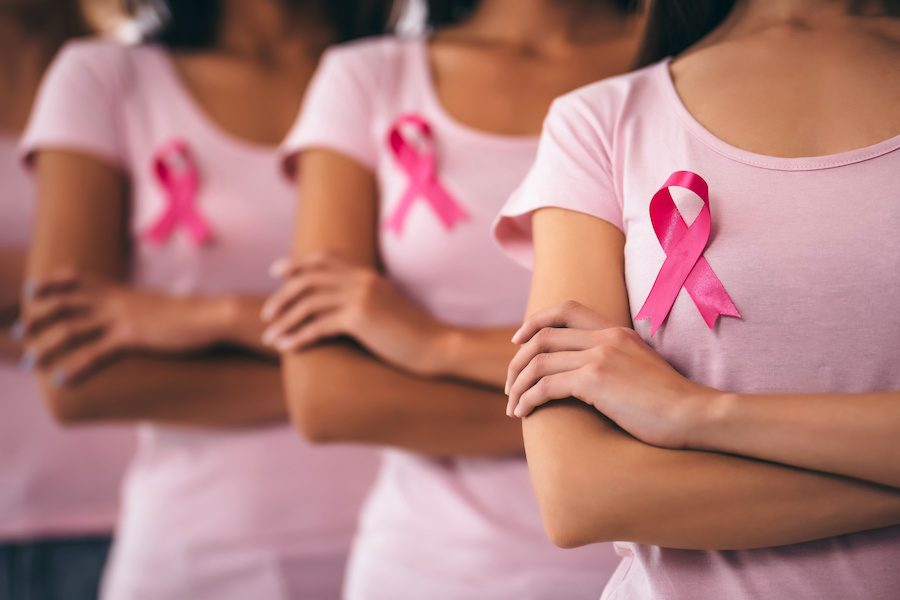Breast cancer is among the most common cancers among women in the United States. According to the American Cancer Society (ACS), an estimated 297,790 new cases of invasive breast cancer will be diagnosed in women in the United States in 2023, and 43,700 women will die from the disease.
While breast cancer can be a devastating disease, it is important to remember that early detection is key. When breast cancer is found early and treated promptly, the 5-year survival rate is nearly 100%. That’s why it’s so important to get regular breast cancer screenings.
Why is getting screened important?
Breast cancer screening tests can help find breast cancer early when it is most treatable. When breast cancer is found early, it is often smaller and less likely to have spread to other parts of the body. This means that treatment is often more effective and less invasive.
Who should get screened?
The ACS recommends that all women at average risk of breast cancer begin getting annual mammograms at age 40. Women at higher risk of breast cancer, such as those with a family history of the disease, may need to start screening earlier.
How often should I get screened?
The ACS recommends that most women get a mammogram every year. However, some women may need to get screened more often, depending on their individual risk factors.
If I find a lump in my breast, what should I do?
If you find a lump in your breast, it is important to see a doctor right away. Most breast lumps are not cancer, but it is important to have them checked out by a doctor to be sure.
How can I support Breast Cancer Awareness Month?
There are many ways to support Breast Cancer Awareness Month. Here are a few ideas:
- Get screened for breast cancer.
- Talk to your friends and family about the importance of getting screened.
- Donate to a breast cancer charity.
- Volunteer your time to help people affected by breast cancer.
Breast cancer is a serious disease, but it is one that is often treatable when found early. That’s why it’s so important to get regular breast cancer screenings. If you are 40 or older, talk to your doctor about your risk of breast cancer and whether you should start getting screened.
